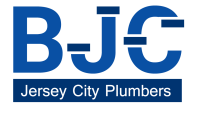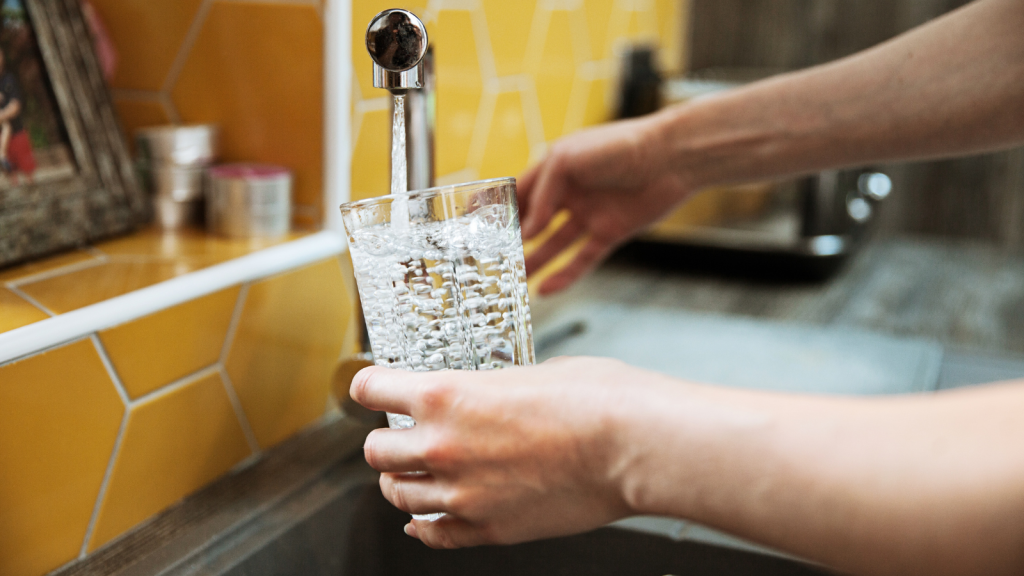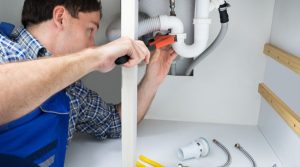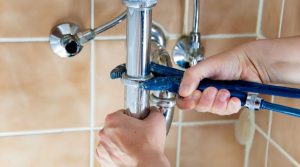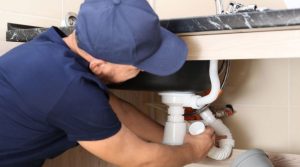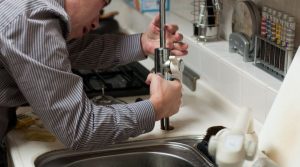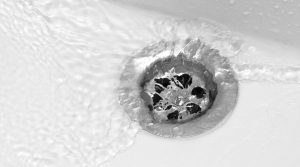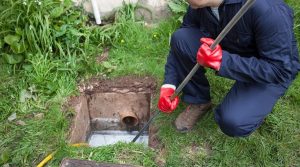New Jersey, with its rich history and vibrant communities, also presents a diverse water quality landscape. Understanding the state’s water issues and the available filtration options is crucial for maintaining your health and safety. This blog post explores New Jersey’s water quality, highlights effective filtration methods, and provides practical tips for keeping your home’s water clean.
BJC Jersey City Plumbers offers expert solutions for all your plumbing needs, from system installations and preventative maintenance to emergency repairs. We take great satisfaction in offering prompt, courteous, and courteous service. For reliable and efficient repairs, reach out to us now!
How Is Water Quality in New Jersey?
Water quality across New Jersey varies widely due to differences in source water and regional infrastructure. Thanks to extensive testing and treatment, tap water in New Jersey generally adheres to federal and state safety standards. However, challenges remain, particularly concerning contaminants and aging infrastructure. For example, Newark has experienced lead contamination issues, underscoring the importance of reliable filtration solutions.
What Is the Biggest Water Problem in New Jersey?
Lead contamination stands out as New Jersey’s most significant water problem. Many older homes and buildings still have lead pipes or plumbing fixtures, which can introduce lead into the water supply. This issue became particularly prominent in Newark, where elevated lead levels prompted public concern and intervention.
Another pressing issue is the presence of PFAS (per- and poly-fluoroalkyl substances), often called “forever chemicals.” These substances are resistant to breakdown and can accumulate in water supplies, posing potential health risks across various locations in the state.
Water Purification and Filtration in New Jersey
Addressing the challenges of lead and PFAS requires effective water purification and filtration. Here are some of the most effective methods:
1. Activated Carbon Filters: These filters excel at eliminating volatile organic compounds (VOCs), chlorine, and certain PFAS. They are commonly used in pitcher filters and under-sink systems.
2. Reverse Osmosis (RO): RO systems offer thorough filtering by eliminating a variety of impurities, such as lead and PFAS. They operate by forcing water through a semi-permeable membrane that filters out impurities.
3. Distillation Systems: These systems heat steam is created by heating water and then condenses back into liquid. leaving contaminants behind. Distillation is effective for removing many pollutants, including heavy metals and some chemicals.
4. Whole-House Filters: For complete protection, whole-house filtration systems treat all water entering your home. These systems often combine multiple filtration methods to address various contaminants.
What Is the Most Effective Water Filtration Method?
The particular pollutants determine which water filtering process is most efficient. in your water. Reverse osmosis systems are generally considered the best choice for dealing with a range of issues, including lead and PFAS. However, for those mainly concerned with chlorine and sediment, activated carbon filters might be a more affordable and sufficient choice.
Frequently Asked Questions
1. How can I check if my water contains lead?
A recognized laboratory is able to test your water. to detect lead contamination. Many water utilities also provide annual water quality reports that include lead-level information.
2. Is a water filter necessary if I use bottled water?
Bottled water can be more expensive and less eco-friendly than filtered tap water. Additionally, it does not always guarantee purity. A water filter offers a cost-effective and consistent solution for clean, safe water.
3. How often should I replace my water filter?
Replacement frequency varies by filter type and usage. Activated carbon filters typically need replacement every 6 to 12 months, while reverse osmosis membranes may last 2 to 3 years. Always follow the manufacturer’s guidelines.
4. Can water filtration systems remove all contaminants?
No single filtration system can remove all contaminants. A combination of methods may be necessary for comprehensive protection. Select a system based on the specific contaminants present in your water supply.
Conclusion
Ensuring clean, safe water in New Jersey involves understanding local water quality issues and choosing the right filtration methods. With challenges like lead contamination and PFAS, effective filtration is crucial. By selecting an appropriate system and staying informed, you can safeguard your health and enjoy peace of mind. Investing in the right water filtration system enhances your well-being and contributes to a safer, healthier environment for your family and community.
